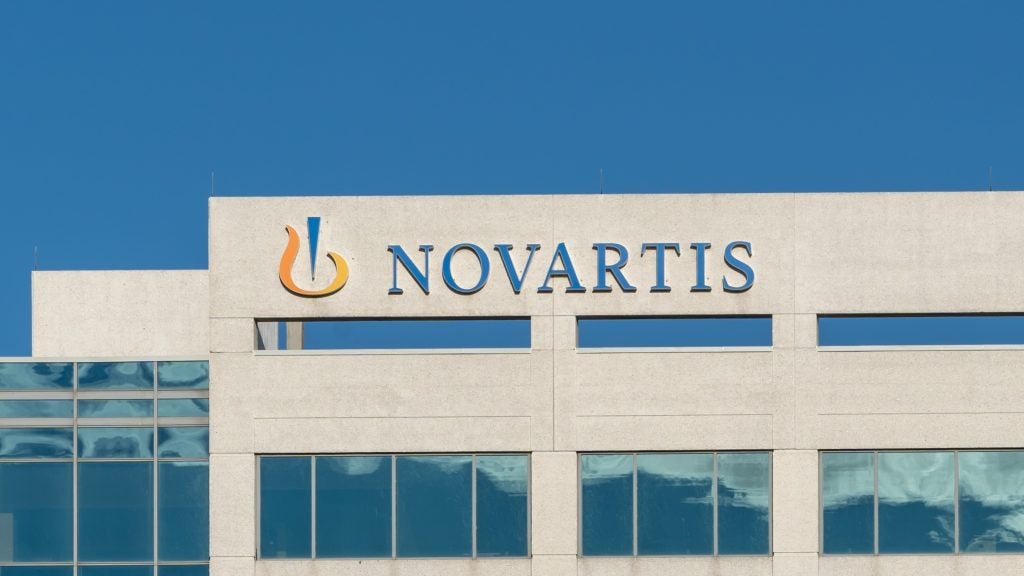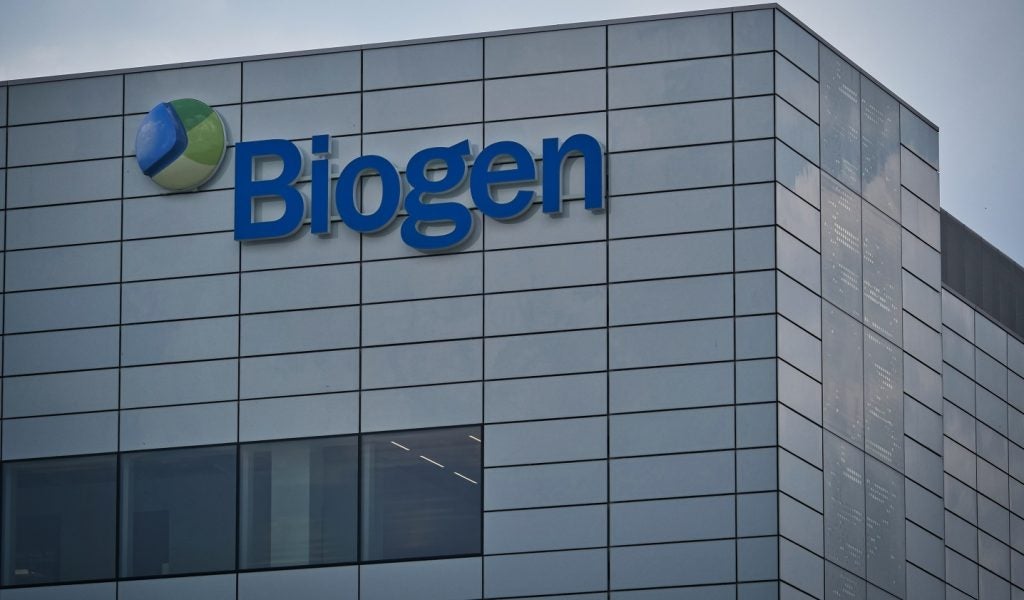The European Commission (EC) has granted approval for label extension to Astellas’ Xtandi to be used as monotherapy or in combination with androgen deprivation therapy for treating adult men with high-risk biochemical recurrent (BCR) non-metastatic hormone-sensitive prostate cancer (nmHSPC) who are not suitable for salvage-radiotherapy.
This approval positions Xtandi as the first and only novel hormone therapy for this patient group in the EU.
The approval is based on the Phase III EMBARK trial, which included 1,068 men with high-risk BCR nmHSPC.
Astellas said the trial demonstrated that Xtandi, in combination with leuprolide, significantly reduced the risk of metastasis or death by 57.6% compared to leuprolide alone. The Xtandi monotherapy also showed a 36.9% reduction in risk.
Astellas oncology development head and senior vice-president Ahsan Arozullah said: “This expanded approval for Xtandi is a vitally important advance for patients with nmHSPC with high-risk BCR and is a testament to our long and ongoing collaboration with a global network of dedicated clinical trial investigators, patient groups, clinical trial participants and their families.
“Efficacy and safety results from the EMBARK study demonstrate the potential for Xtandi as a new option for treatment in the early, recurrent hormone-sensitive prostate cancer setting. Astellas is in active discussions with regulatory authorities around the world to bring Xtandi to those who may benefit.”
The EC's decision follows the positive opinion from the Committee for Medicinal Products for Human Use of the European Medicines Agency (EMA) in March 2024.
In November 2023, the US Food and Drug Administration approved Xtandi for the treatment of patients with non-metastatic castration-sensitive prostate cancer with BCR at high risk for metastasis.
Last month, Astellas secured Japan’s Ministry of Health, Labour, and Welfare approval for the monoclonal antibody Vyloy in combination with chemotherapy for the treatment of gastric cancer.















